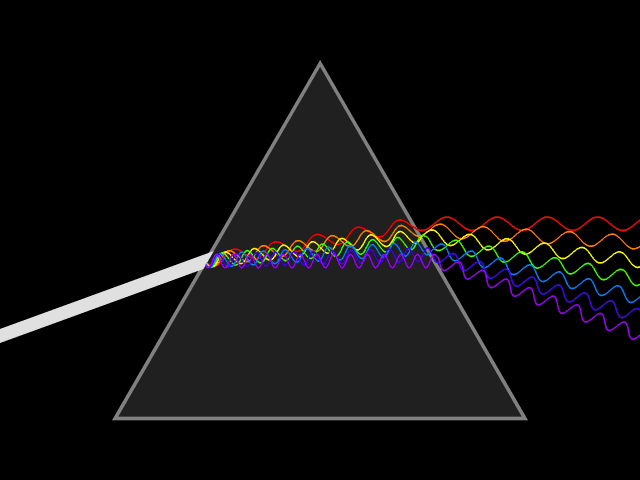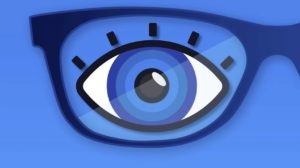Posted by: Eye Centers of Florida in Age-Related Macular Degeneration
Is Blue Light Bad for You?
 You’ve probably heard that ultraviolet light can harm you, but research is showing that blue light can cause health problems, too. Blue light isn’t all bad, though. Some blue light is necessary for maintaining good sleep.
You’ve probably heard that ultraviolet light can harm you, but research is showing that blue light can cause health problems, too. Blue light isn’t all bad, though. Some blue light is necessary for maintaining good sleep.
Blue light, along with every other color of the rainbow, is part of white sunlight. Normally your eyes use natural blue light to set your internal clock each day. When your eyes see blue light, your brain sends signals to your body to make you feel awake. When your eyes no longer see blue light (traditionally, near sunset and in the evening), your brain makes you feel sleepy.
But electric lights and digital devices can confuse your internal clock. When you see blue light at night, your brain continues to keep your body awake, making it harder to fall asleep when you go to bed.
Some blue light is good for you in the daytime. It helps you wake up in the morning and stay alert in the afternoon. But too much blue light in the evening will lower the quality of your sleep.
To complicate matters, not all blue light is good for your eyes, regardless of the time of day. Blue-violet light is so powerful that it can damage the cells in your retina. Research has indicated a link between blue-violet light exposure and retina damage that could lead to Age-Related Macular Degeneration (AMD). AMD can cause irreversible vision loss.
The problem is more worrisome now than it was a decade ago because many more people are staring directly into digital screens that emit blue-violet light.
What Can You Do about Blue Light?
 If you spend a lot of time outdoors, consider glasses that block not only ultraviolet light but also blue-violet light that’s harmful to your retina. This may reduce the chances that your retina will be damaged by AMD. Don’t wear glasses that block all shades of blue light in the daytime, though, or you may get sleepy before bedtime.
If you spend a lot of time outdoors, consider glasses that block not only ultraviolet light but also blue-violet light that’s harmful to your retina. This may reduce the chances that your retina will be damaged by AMD. Don’t wear glasses that block all shades of blue light in the daytime, though, or you may get sleepy before bedtime.- If you spend a lot of time staring at TV, computer, or mobile screen, consider glasses that block harmful blue-violet light without altering the color of the screen. These glasses can also ease the eyestrain caused by staring at a close object for hours at a time.
- Turn off bright lights and digital screens a couple of hours before bedtime to improve your sleep. If you can’t do this, consider wearing tinted glasses that block all shades of blue light a couple of hours before you go to bed. Some digital devices also have a “night mode” that allows you to reduce the blue light they emit.
Consider Eyezen™ Lenses, Now Available at Eye Centers of Florida
Eyezen™ lenses filter out 20% of the blue-violet light that harms your retina while letting through 100% of the blue light that sets your internal clock. You can put Eyezen lenses in any frame, and you can wear Eyezen lenses even if you don’t need vision correction.
Also Consider Prevencia™, Now Available at Eye Centers of Florida
Prevencia™ is a colorless coating that can be put on any lens. It’s an affordable way to filter out 20% the blue-violet light that’s harmful to your retina.
If you have questions about blue light or digital eyestrain, request an appointment with an Eye Centers of Florida doctor today.
Details from this post were gathered from: Blue Light: Bad for Your Eyes? and Blue Light Blues.
 If you spend a lot of time outdoors, consider glasses that block not only ultraviolet light but also blue-violet light that’s harmful to your retina. This may reduce the chances that your retina will be damaged by AMD. Don’t wear glasses that block all shades of blue light in the daytime, though, or you may get sleepy before bedtime.
If you spend a lot of time outdoors, consider glasses that block not only ultraviolet light but also blue-violet light that’s harmful to your retina. This may reduce the chances that your retina will be damaged by AMD. Don’t wear glasses that block all shades of blue light in the daytime, though, or you may get sleepy before bedtime.